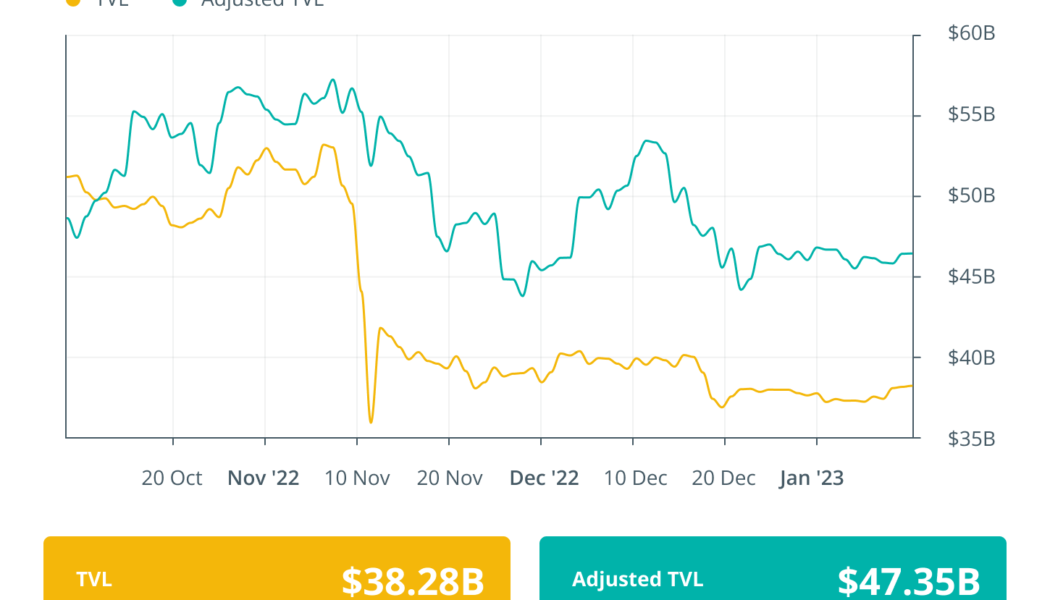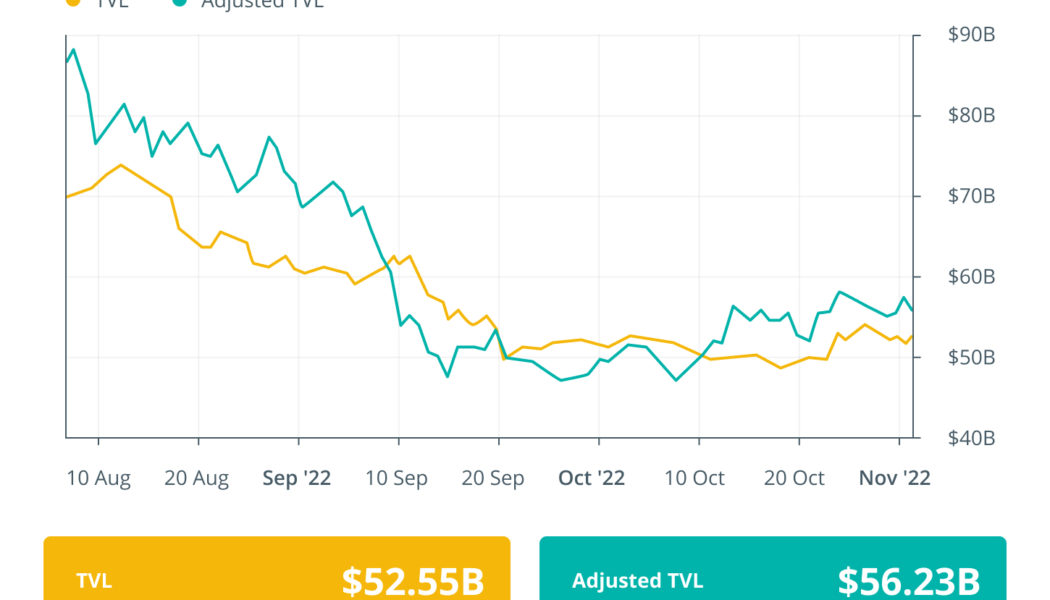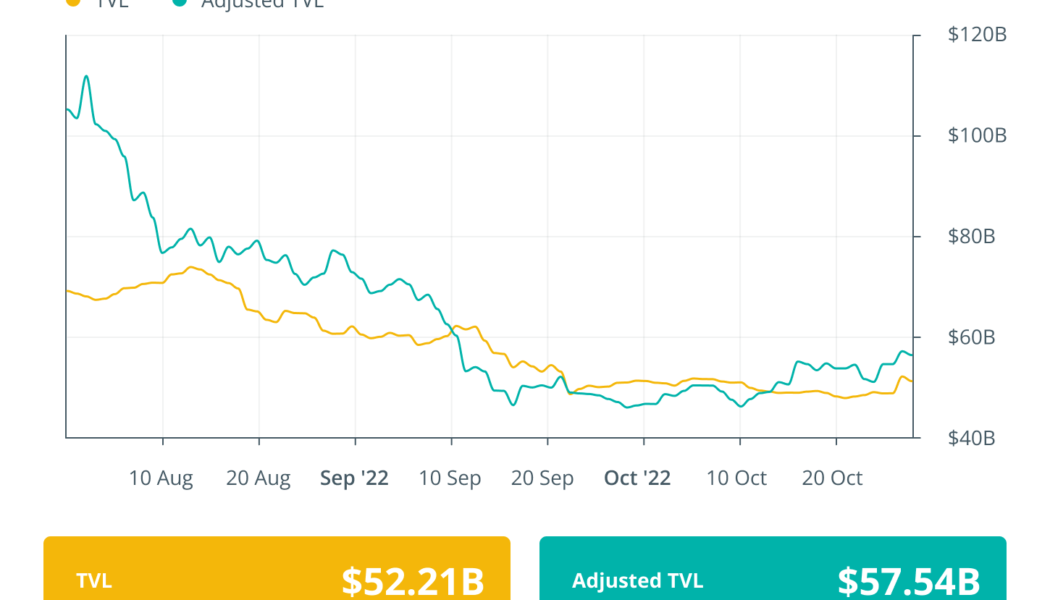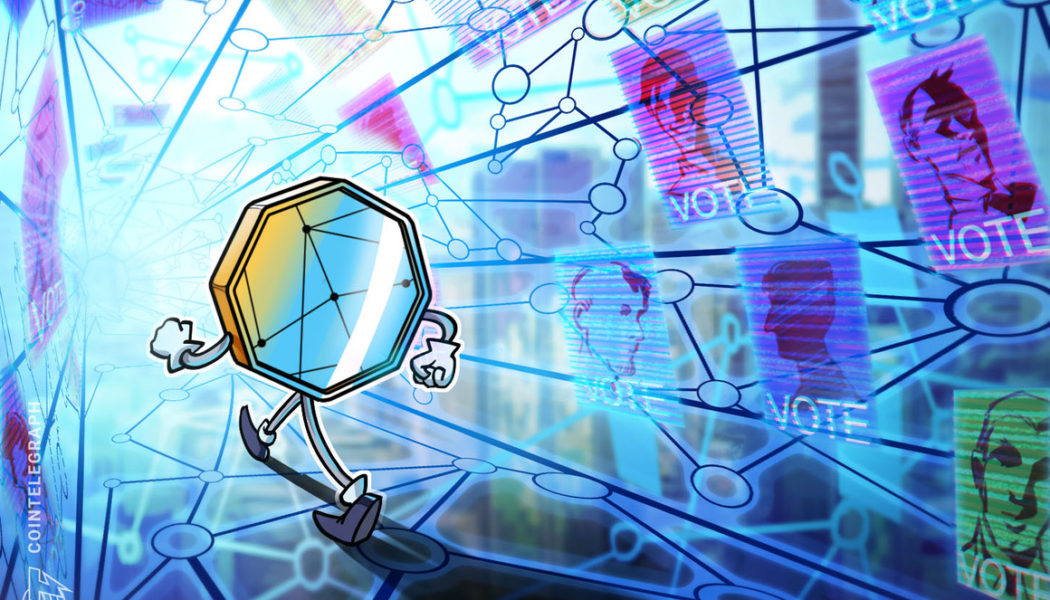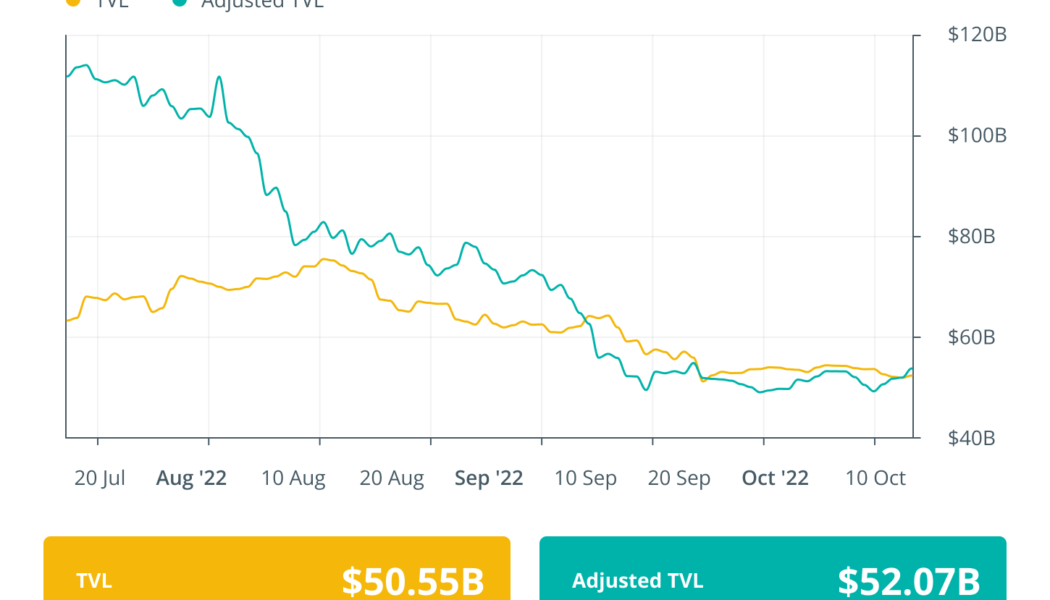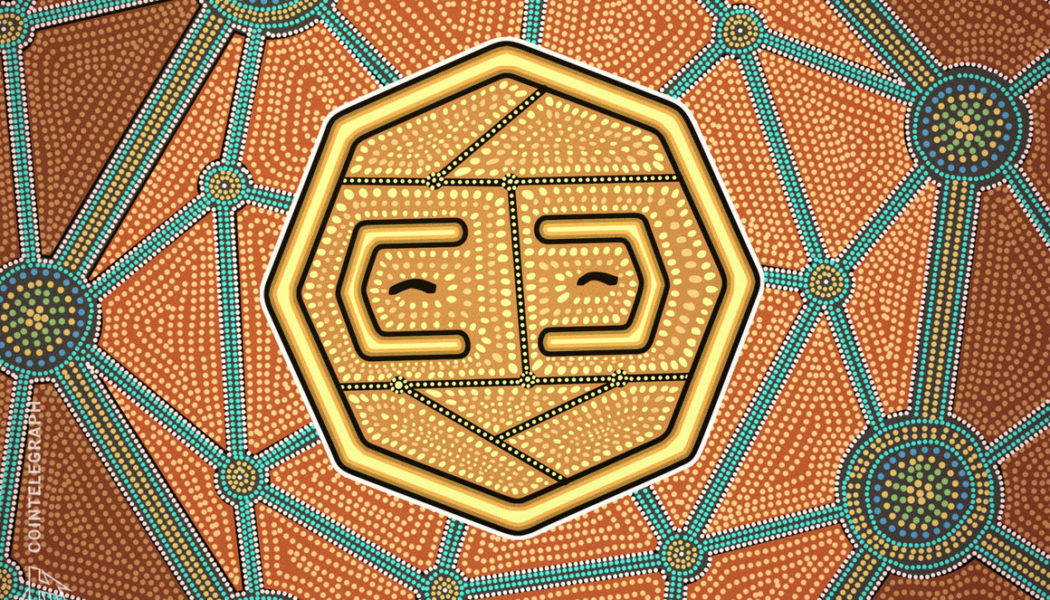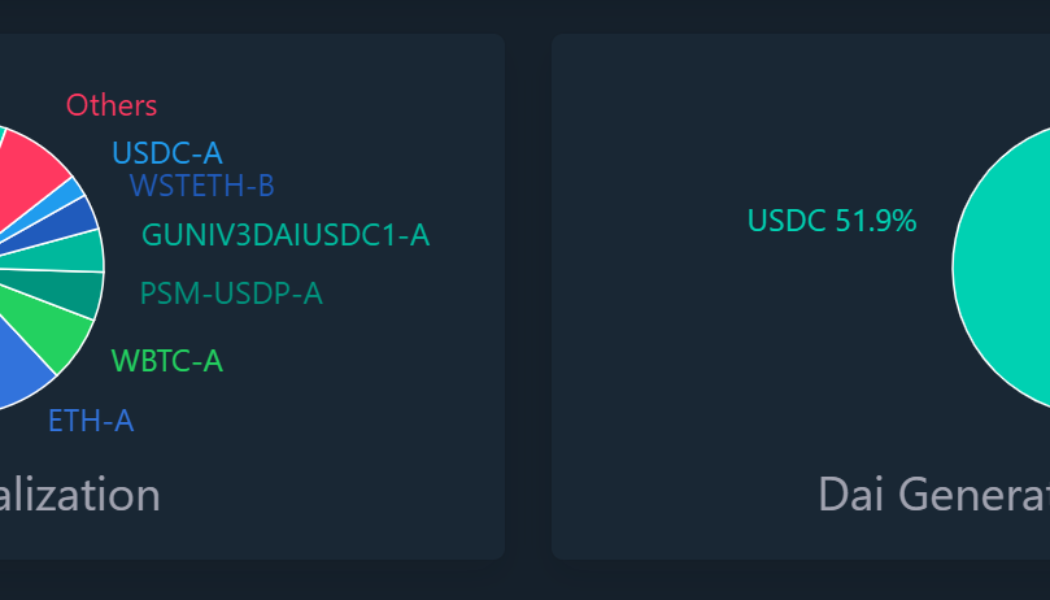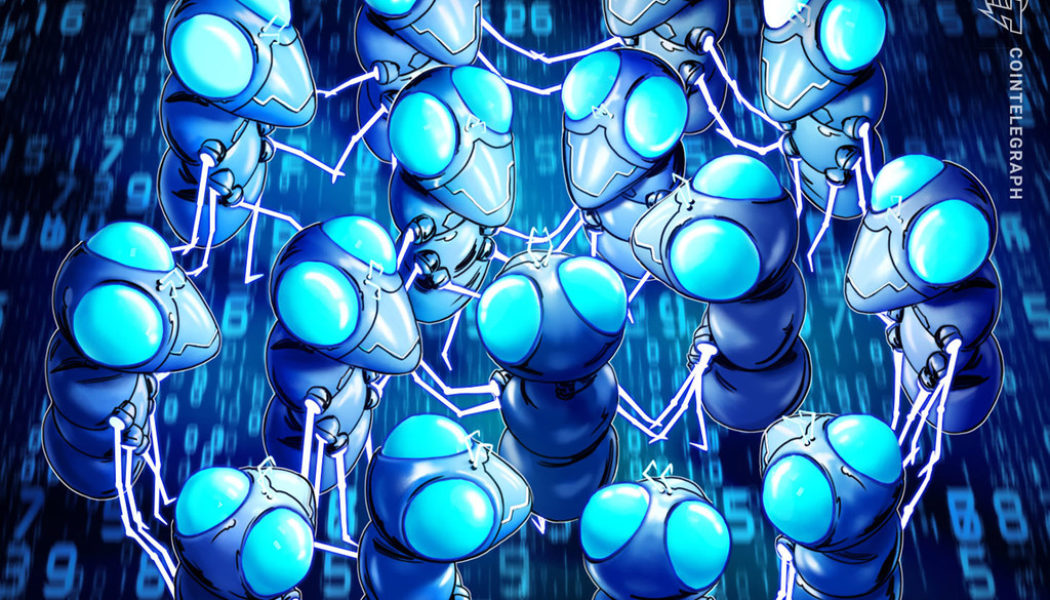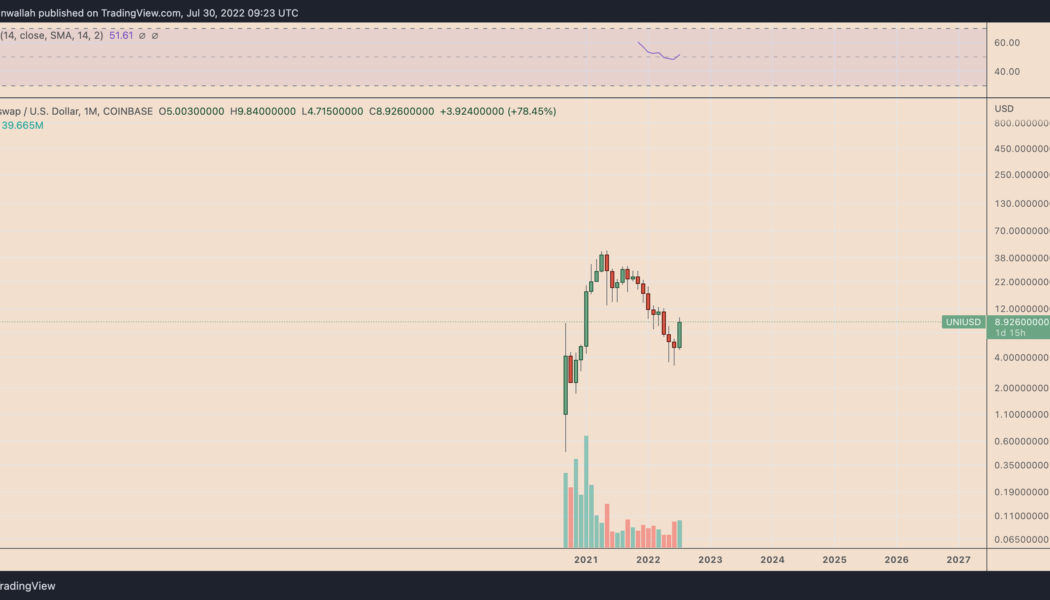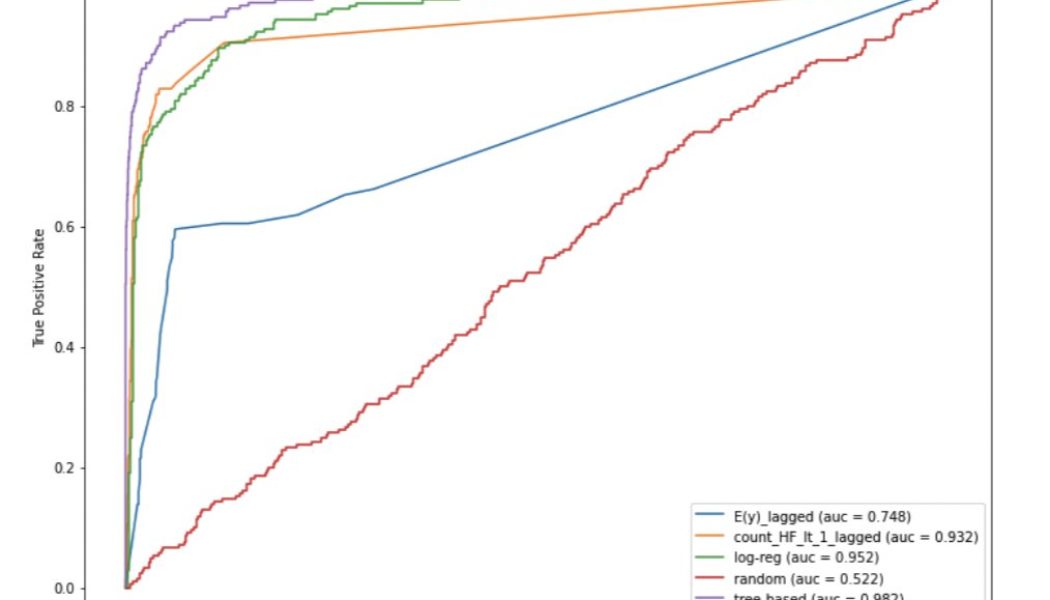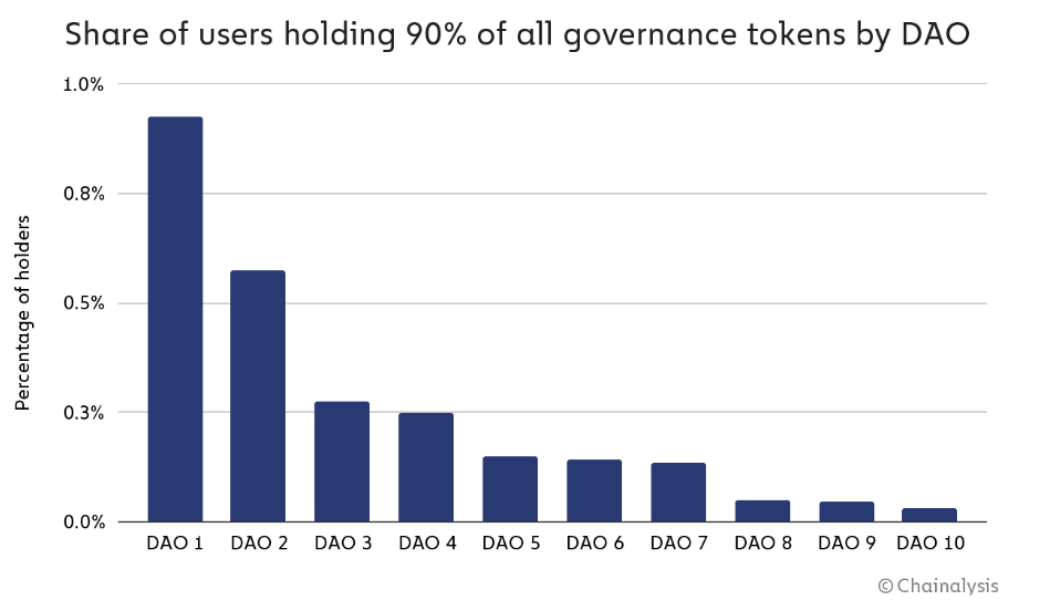MakerDAO
December DeFi exploits were the lowest in 2022: Finance Redefined
Welcome to Finance Redefined, your weekly dose of essential decentralized finance (DeFi) insights — a newsletter crafted to bring you significant developments over the last week. The end of 2022 saw the least value of stolen funds from DeFi, with $62 million worth of exploits in December. While the figure might seem a relief given the multiple bridge hacks and hundreds of millions of dollars stolen this year, cybersecurity experts have warned that the ecosystem would see no decrease in exploits, flash loans or exit scams in 2023. Lido protocol overtook MakerDAO to have the highest total value locked (TVL) in the DeFi ecosystem. In other news, Mango Markets hacker Avraham Eisenberg was detained pending trial. The start of the new year saw a GMX whale hacked for $3.5 million worth of GMX tok...
JPMorgan executes first DeFi trade on a public blockchain: Finance Redefined
Welcome to Finance Redefined, your weekly dose of essential decentralized finance (DeFi) insights — a newsletter crafted to bring you significant developments over the last week. The first week of November saw the institutionalization of DeFi markets as major international banks and financial institutions executed and completed their first DeFi transactions. The global financial giant JP Morgan completed its first-ever cross-border transaction using DeFi on a public blockchain with the help of the Monetary Authority of Singapore’s (MAS) Project Guardian. DBS Bank started a trading test of foreign exchange (FX) and government securities using permissioned DeFi liquidity pools. Apart from JPMorgan and DBS Bank, the Bank for International Settlements also said that automated market-making tec...
Compound pauses 4 tokens to avoid price manipulation: Finance Redefined
Welcome to Finance Redefined, your weekly dose of essential decentralized finance (DeFi) insights — a newsletter crafted to bring you significant developments over the last week. After the Mango Markets exploit last week, Compound protocol paused the supply of four tokens as lending collateral to protect it against any price manipulation. Crypto staking protocol Freeway said one of its trading strategies “appears to have failed,” forcing the firm to halt services earlier this week. October continues to be dominated by DeFi hacks as another DeFi lockup protocol, Team Finance, lost $14.5 million during contract migration, despite an audit clearance. MakerDAO community voted to approve the custody of $1.6 billion USD Coin (USDC) with the institutional brokerage platform Coinbase Prime. The to...
MakerDAO community votes to approve custody of $1.6B USDC with Coinbase
Institutional prime broker platform for crypto assets Coinbase Prime announced on Oct 24th that it had entered into a partnership with MakerDAO — the largest single holder of USDC — to become a custodian of $1.6 billion worth of the stablecoin. The MakerDAO community voted to approve this custodianship which will allow its community to earn a 1.5% reward on its USDC while holding funds with a leading institutional custodian. The program described the following yield schedule for the USDC onboarded by @MakerDAO: • 1% APY on the first 100 million USDC. • 0.1% more APY on each 100 million USDC thereafter. • Rewards are not to exceed 1.5% APY. 3/ — Maker (@MakerDAO) October 24, 2022 According to Coinbase Prime, this move will not only accrue tangible benefits to the MakerDAO community but also...
Barely halfway and October already the biggest month in crypto hacks: Finance Redefined
Welcome to Finance Redefined, your weekly dose of essential decentralized finance (DeFi) insights — a newsletter crafted to bring you significant developments over the last week. October is historically associated with the bulls, but in 2022, the month has also become the leader in crypto hacks as barely halfway through, and the DeFi ecosystem has already seen nearly a dozen hacks resulting in losses of hundreds of millions of dollars. The largest hack occurred on Solana’s DeFi platform Mango Markets on Oct. 11, resulting in a loss of over $100 million worth of crypto. The hacker has now come out to demand $70 million in USD Coin (USDC) stablecoin as a bounty to return the stolen crypto. In another hack, TempleDAO was exploited for $2 million on the same day as Mango Market’s exploit. Movi...
Australian regulators rattle their saber as adoption takes a major leap: Law Decoded, Aug. 22–29
Australia’s financial regulator, the Securities and Investments Commission (ASIC), has pledged to put crypto assets and decentralized finance (DeFi) firmly in its sights over the next four years. The regulator intends to focus on “digitally enabled misconducts” and to protect investors “from harms posed by crypto-assets.” Given the ASIC’s history of anti-crypto sentiments, such an announcement could be perceived as hostile, but at least it contains a promise to implement some regulatory framework that is still absent. And it is hardly a coincidence that the announcement came only days after Australia’s new ruling government announced plans to move forward with regulation of the crypto sector by conducting a “token mapping” exercise by the end of the year. At the same time, Australia’...
MakerDAO co-founder recommends DAI-USD depegging to limit attack surface
In light of the recent discussions around depegging its native token from USD Coin (USDC) amid sanctioning of Tornado Cash, MakerDAO co-founder Rune Christensen reached out to the community explaining why free-floating DAI may be the only choice for the decentralized autonomous organization (DAO). In his blog post, “The Path of Compliance and the Path of Decentralization: Why Maker has no choice but to prepare to free float Dai,” Christensen disclosed miscalculating the risks related to risk-weighted assets (RWA). He stated: “Physical crackdown against crypto can occur with no advance notice and with no possibility of recovery even for legitimate, innocent users. This violates two core assumption that we used to understand RWA risk, making the authoritarian threat a lot more serious.” Whil...
What is CeDeFi, and why does it matter?
Among the advantages of CeDeFi are lower fees, better security, accessibility, speed and lower cost. CeDeFi’s innovative approach to decentralized banking enables users to trade CeDeFi crypto assets without requiring a centralized exchange. This implies that users may transact directly with one another, removing the need for an intermediary. Among CeDeFi’s major advantages is lower fees. CeDeFi transactions cost lower than those on comparable platforms since there are fewer middlemen involved, especially on networks that are not Ethereum-based. Ethereum has very high gas fees, for instance, with DEX transactions running into hundreds of dollars. It also often causes network congestion issues, leading to delays. Binance CeDeFi, on the other hand, has much lower fee...
MakerDAO should ‘seriously consider’ depegging DAI from USD: Founder
MakerDAO founder Rune Chirstensen has urged members of the decentralized autonomous organization (DAO) to “seriously consider” preparing for the depeg of its DAI stablecoin from the United States dollar (USD). The founder’s comments came in light of the recently announced sanctions on crypto mixer Tornado Cash, noting to MakerDAO’s Discord channel on Aug. 11 that the sanctions are “unfortunately more serious than I first thought,” adding that they should prepare to depeg its native stablecoin DAI from the USD to avoid any risk’s relating to Circle’s recent freezing of sanctioned USD Coin (USDC) addresses. “I think we should seriously consider preparing to depeg from USD. It is almost inevitable it will happen and it is only realistic to do with huge amounts of preparation.” On Aug. 8, the ...
Uniswap’s 80% gains in July are in danger with UNI price painting a classic bearish pattern
Uniswap (UNI) looks ready to post its best monthly performance in more than a year as it rallied approximately 80% in July, but signs of an extended pullback in the near term are emerging. Uniswap price nearly doubles in July UNI’s price is having one of its best months ever, reaching nearly $9 on July 30 versus nearly $5 at the beginning of the month, best returns since January 2021’s 250% price rally. UNI/USD monthly price chart. Source: TradingView Merge FOMO an UNI “fee switch” proposal Uniswap’s gains primarily surfaced due to similar upside moves in a broader crypto market. But they turned out to be relatively massive due to an ongoing euphoria surrounding “the Merge.” Notably, the Ethereum blockchain’s potential transition ...
Cred Protocol unveils its first decentralized credit scores
Cred Protocol, a decentralized credit scoring startup has unveiled the results of its first automated credit scoring system for users of decentralized finance (DeFi). Cred Protocol CEO Julian Gay outlined the results in a Twitter thread, which showed how Cred successfully utilized past transaction behavior on the Aave protocol to assess the creditworthiness of future borrowers based on on-chain behavior in the DeFi space. 1/ Over the last few months, we’ve been working to build one of the first credit scores for DeFi. Today, we’re excited to share the results of our first credit score with the world! Read more below — Julian Gay (@juliangay) July 14, 2022 By using machine learning to assess time-based account attributes and analyze the user’s past transaction behavior, Cred Pro...
Less than 1% of all holders have 90% of the voting power in DAOs: report
Decentralized autonomous organizations (DAOs) have become a rage in the ever-expanding crypto ecosystem and are often seen as the future of decentralized corporate governance. DAOs are organizations without a centralized hierarchy, intended to work in a bottom-up manner, where the community collectively owns and contributes to an organization’s decision-making process. However, recent research data suggests that these DAOs are not as decentralized as it was intended to be. A recent report from Chainalysis analyzed the workings of ten major DAO projects and found that on average, less than 1% of all holders have 90% of the voting power. The finding highlights a high concentration of decision-making power in the hands of a selected few, an issue DAOs were created to resolve. This...
- 1
- 2
